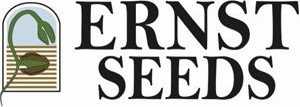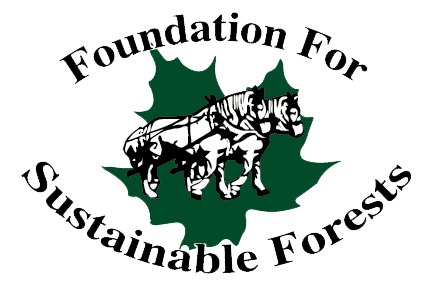
- This event has passed.
2023 Loving the Land Through Working Forests
September 16, 2023
8am-4pm, Blooming Valley, PA
This field conference is all about forests – threats, management practices, and ways that we can enhance their resilience and overall health. The day will be full of field-based presentations and walks on critical and emerging topics related to forest stewardship and conservation. From learning what “femelschlag” means, to foraging for mushrooms, to demonstrations of horse logging, this will be an insightful program. Pre-registration is required and all are welcome! See below for the conference program, with new information added regularly as speakers are confirmed!
Attention Foresters – This conference qualifies for 8.5 Society of American Foresters CFE credits!
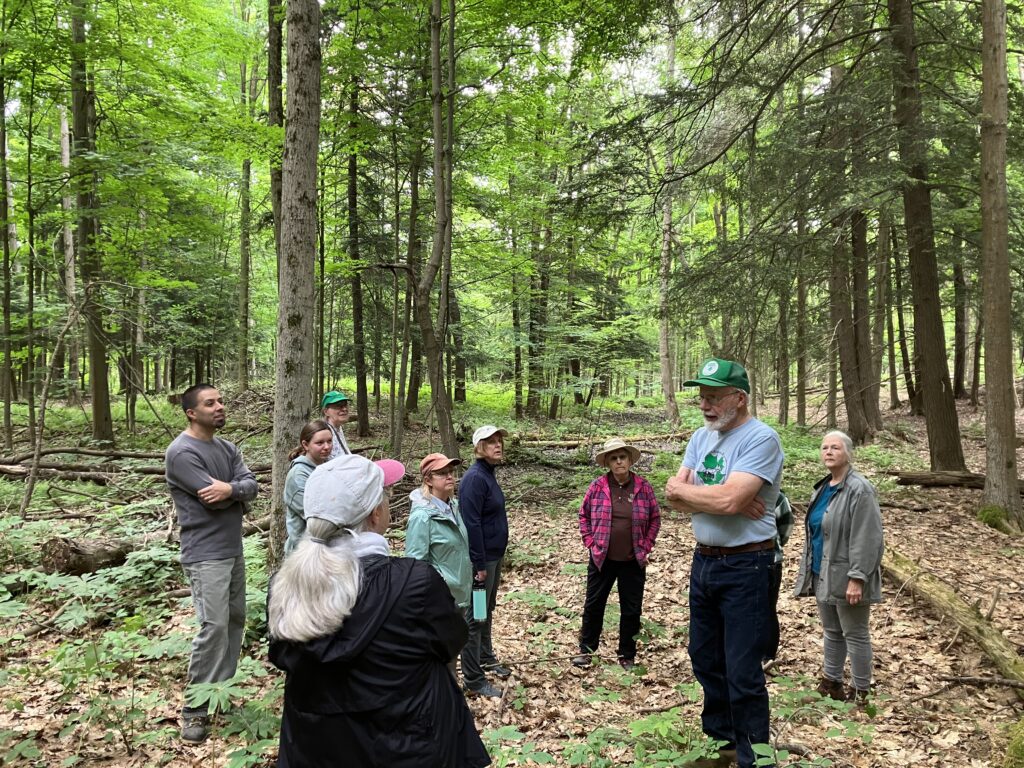
September 16, 2023 @ 8:00 am – 4:00 pm
Online Registration for this event is no longer available.
Please contact us at (814) 694-5830 to inquire about attending.
Thank you for your interest!
$10 – Members $25 – Non-Members Free for children under 7
Schedule of Events
8:00am Registration Begins
8:30am Welcome Remarks & Introductions
8:45am Opening Address:
Wildlands and Woodlands – Balancing Wood Production and Ecological Values in our Forests (Dr. Brian Donahue)
Dr. Brian Donahue will open the conference with a talk about New England’s Wildlands and Woodlands approach to conservation, which seeks to balance wild reserves with sustainable management. Brian will also discuss his ongoing research into the current imbalance of wood product consumption vs. production in New England, as well as his upcoming book about building a timber frame home with timber from his own woodlot.
9:30am Morning Breakout Session 1
Horse-Logging Demonstration with Discussion (Guy Dunkle)
The careful felling of trees and the use of horses to skid logs out of the woods are cornerstones of FSF’s sustainable forestry approach. Join Guy, one of FSF’s land managers, for a demonstration and discussion of this process and the nuances that help to minimize residual damage to the forest during a harvest.
Tornadoes and Tinkering: 40 Years of Management in Blooming Valley Forest (Troy Firth)
Just days after Troy Firth purchased Blooming Valley Forest, the 1985 tornado outbreak swept through the region and left its mark on the property. Nearly 40 years later, take a walk with Troy to explore the tornado’s lasting impact on the forest and learn how FSF mimics natural disturbances at Blooming Valley and its other properties to enhance forest health and resilience.
Diverse Forests, Diverse Birds: A 3-Year Update on the National Aviary Study (Dr. Steven Latta and Cassandra Ziegler)
Take a walk through Blooming Valley Forest with Dr. Steven Latta, Director of Conservation and Field Research at the National Aviary, and Cassie Ziegler, doctoral student and member of the National Aviary’s field research team. The team is wrapping up their third field season studying avian diversity, habitat availability, and food sources in FSF-managed forests. Dr. Latta and Cassie will share preliminary observations of the connection between FSF’s forest management and benefits to two groups of birds that ornithologists often think have habitat needs in conflict: species requiring early-successional habitat, and species requiring large tracts of mature forest. How can that be? What resources are supporting them? Come join us! Please bring binoculars if available.
Words from an Expert – Managing Invasive Species in Your Woods (Ellery Troyer)
Are you or a friend facing invasive species in your forest and wondering what you can do? Ellery Troyer, President of Ecological Field Services, will lead a walk in the woods to discuss practices and a timeline for managing invasive plant species that interfere with native understory plant and native tree regeneration. Whether you are trying to nip a future problem in the bud or restore an infested forest, this session will provide management tips to keep invasives at bay.
10:45am Break
11:00am Morning Breakout Session 2
Horse-Logging Demonstration with Discussion (Pat Maloney)
The careful felling of trees and the use of horses to skid logs out of the woods are cornerstones of FSF’s sustainable forestry approach. Join Pat, one of FSF’s Directors and former horse logger, for a demonstration and discussion of this process and the nuances that help to minimize residual damage to the forest during a harvest.
Food from the Forest: Beginner Mushroom Walk and Identification (Emily Wojtyna)
Have you ever spotted a beautiful mushroom in the forest and wondered, “Can I eat that?” Join Emily Wojtyna, author of The Amateur Forager’s Cookbook: Featuring Edible Wild Mushrooms of Western Pennsylvania, for a beginner’s mushroom hike through FSF’s Blooming Valley Forest. Emily will discuss the basics of wild mushroom foraging and bring resources to help you become familiar with mushroom identification so you can be safe and have fun as you begin to explore the wonderful world of fungi.
Words from an Expert – Managing Invasive Species in Your Woods (Ellery Troyer)
Are you or a friend facing invasive species in your forest and wondering what you can do? Ellery Troyer, President of Ecological Field Services, will lead a walk in the woods to discuss practices and a timeline for managing invasive plant species that interfere with native understory plant and native tree regeneration. Whether you are trying to nip a future problem in the bud or restore an infested forest, this session will provide management tips to keep invasives at bay.
Living on the Edge – Femelschlag as a Tool to Diversify Forest Age and Structure (Dr. Tara Keyser)
Join Dr. Tara Keyser for a walk through Blooming Valley Forest as she discusses “femelschlag”, a silvicultural method designed to cultivate age and structural diversity. Many small group selection “gaps” created at Blooming Valley over the prior decades will provide the backdrop for the walk and show how the forest responds to these strategic introductions and expansions of light to the understory.
12:15pm Lunch (provided)
1:30pm FSF Updates: Heading into our 20th Year! (Annie Maloney)
2:00pm Panel Discussion:
Different Goals, Common Techniques: Exploring the Overlap in Managing Forests for a Variety of Ecological Outcomes
Moderated by Annie Maloney and Guy Dunkle, this joint session will explore the commonalities in managing forests for different conservation and community goals. Panelists will represent a variety of perspectives, including climate smart forestry, management for bird habitat, community and industry considerations, and more.
2:30pm Afternoon Breakout Session
Food from the Forest: Beginner Mushroom Walk and Identification (Emily Wojtyna)
Have you ever spotted a beautiful mushroom in the forest and wondered, “Can I eat that?” Join Emily Wojtyna, author of The Amateur Forager’s Cookbook: Featuring Edible Wild Mushrooms of Western Pennsylvania, for a beginner’s mushroom hike through FSF’s Blooming Valley Forest. Emily will discuss the basics of wild mushroom foraging and bring resources to help you become familiar with mushroom identification so you can be safe and have fun as you begin to explore the wonderful world of fungi.
Living on the Edge – Femelschlag as a Tool to Diversify Forest Age and Structure (Dr. Tara Keyser)
Join Dr. Tara Keyser for a walk through Blooming Valley Forest as she discusses “femelschlag”, a silvicultural method designed to cultivate age and structural diversity. Many small group selection “gaps” created at Blooming Valley over the prior decades will provide the backdrop for the walk and show how the forest responds to these strategic introductions and expansions of light to the understory.
Diverse Forests, Diverse Birds: A 3-Year Update on the National Aviary Study (Dr. Steven Latta and Cassandra Ziegler)
Take a walk through Blooming Valley Forest with Dr. Steven Latta, Director of Conservation and Field Research at the National Aviary, and Cassie Ziegler, doctoral student and member of the National Aviary’s field research team. The team is wrapping up their third field season studying avian diversity, habitat availability, and food sources in FSF-managed forests. Dr. Latta and Cassie will share preliminary observations of the connection between FSF’s forest management and benefits to two groups of birds that ornithologists often think have habitat needs in conflict: species requiring early-successional habitat, and species requiring large tracts of mature forest. How can that be? What resources are supporting them? Come join us! Please bring binoculars if available.
Additional breakout session information coming soon!
4:00pm Conference Adjourns
Meet the Presenters
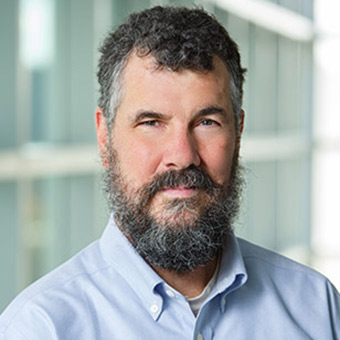
Brian Donahue, PhD
Brian Donahue is Professor Emeritus of American Environmental Studies at Brandeis University, and a farm and forest policy consultant. He holds a PhD from the Brandeis program in History. He co-founded and for 12 years directed Land’s Sake, a non-profit community farm in Weston, Massachusetts, and now co-owns and manages a farm in western Massachusetts. He sits on the board of The Massachusetts Woodland Institute, and The Land Institute in Salina, Kansas. Donahue is author of Reclaiming the Commons: Community Farms and Forests in a New England Town (1999), and The Great Meadow: Farmers and the Land in Colonial Concord (2004). He is co-author of Wildlands and Woodlands and A New England Food Vision.
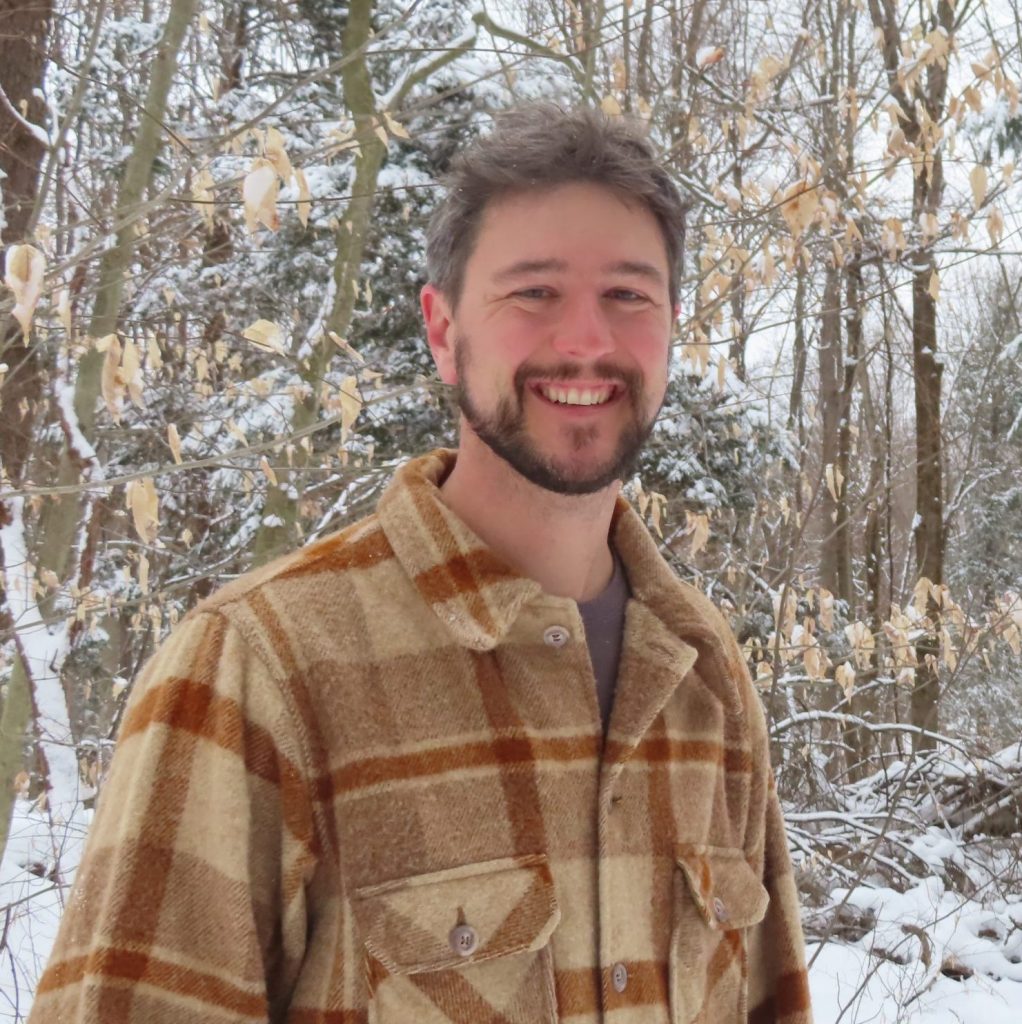
Guy Dunkle
Guy Dunkle is a Land Manager and Director with the Foundation for Sustainable Forests, with over 19 years of experience practicing sustainable forestry across northwest PA and western NY. Guy manages the FSF’s horse crews and will discuss the nuances of the job when horses are used to skid logs in a forest.
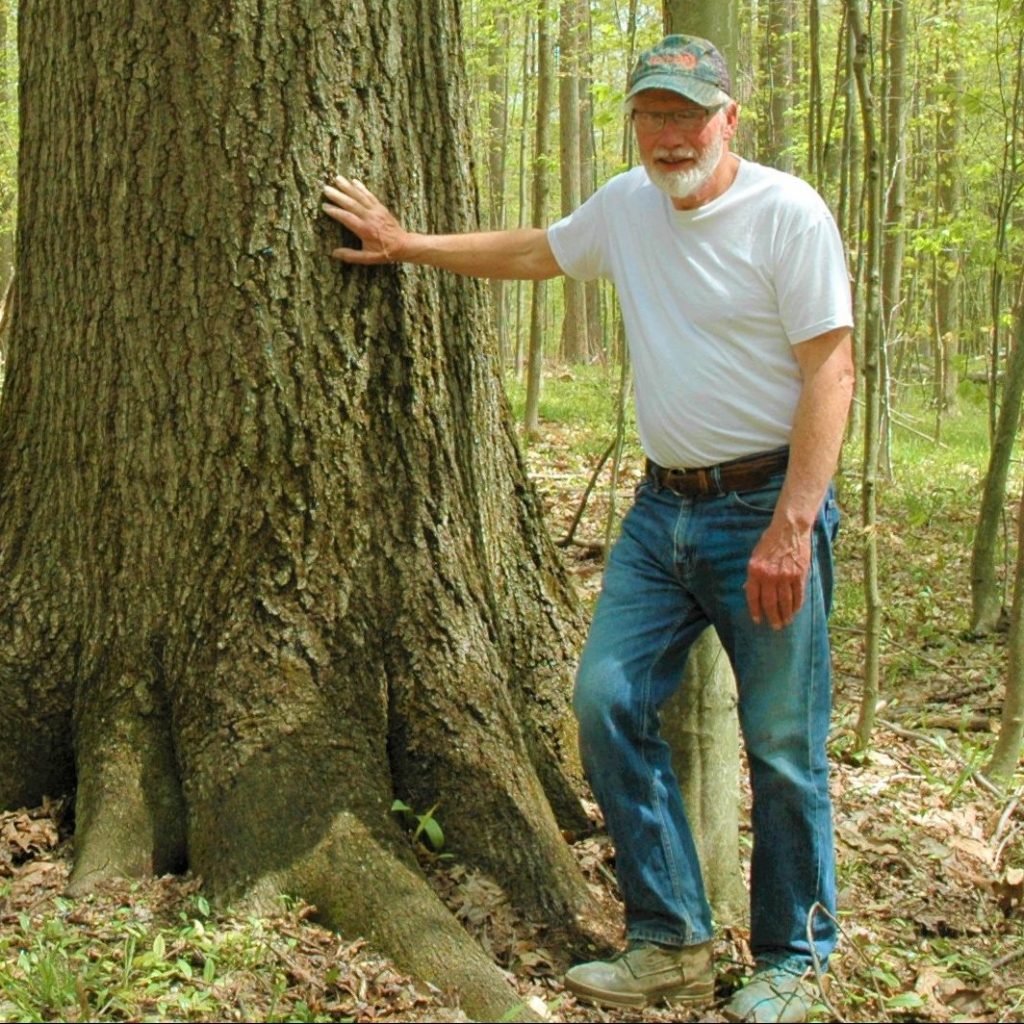
Troy Firth
Troy Firth is the Founder and President of the Foundation for Sustainable Forests, with over 45 years of experience practicing sustainable forestry and production of maple syrup. Troy is the recipient of the 2019 WeConservePA (formerly Pennsylvania Land Trust Association) Lifetime Conservation Achievement Award and the Pennsylvania Environmental Council’s Western Pennsylvania Environmental Award. Join Troy on a walk through Blooming Valley Forest as he discusses FSF’s integrated approach to sustainable forest management.
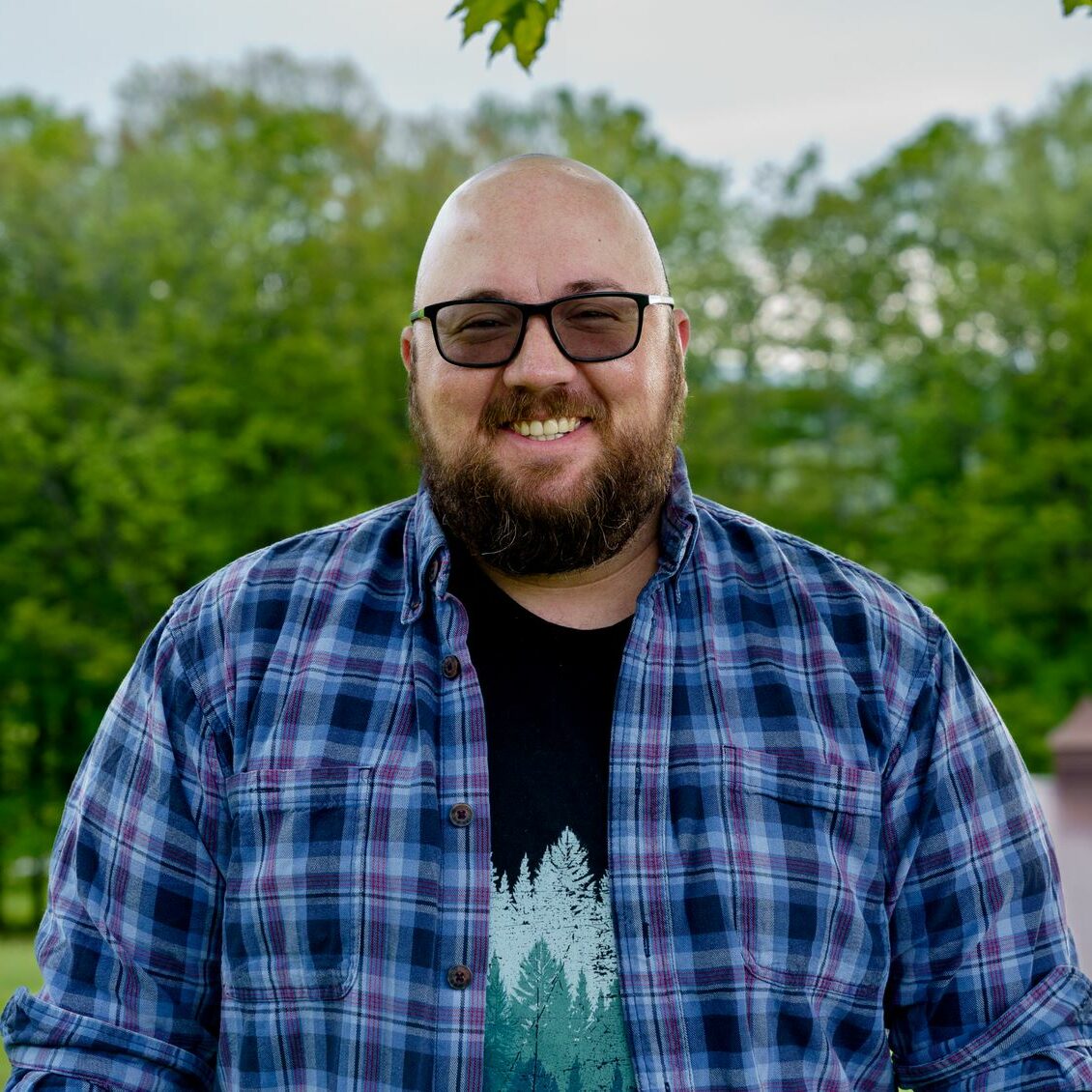
Ian Forte
Ian Forte is the Sr Forestry Manager of the Family Forest Carbon Program (FFCP) for the Central Appalachia region of the American Forest Foundation (AFF) working with private landowners in developing forest stewardship goals through the utilization of their carbon credits. Ian has a B.S. in Biology with a concentration in Ecology, Conservation, and Environmental Biology from Indiana University of Pennsylvania, a M.Ed. in Environmental Education and a M.S. in Park and Resource Management from Slippery Rock University. Before becoming an Outreach Forester, and later the Sr Forestry Manager, for FFCP, Ian was a Utility Forestry Supervisor and a Forestry Hydrologist for consultant firms throughout Western Pennsylvania and West Virginia working with private and public forests.
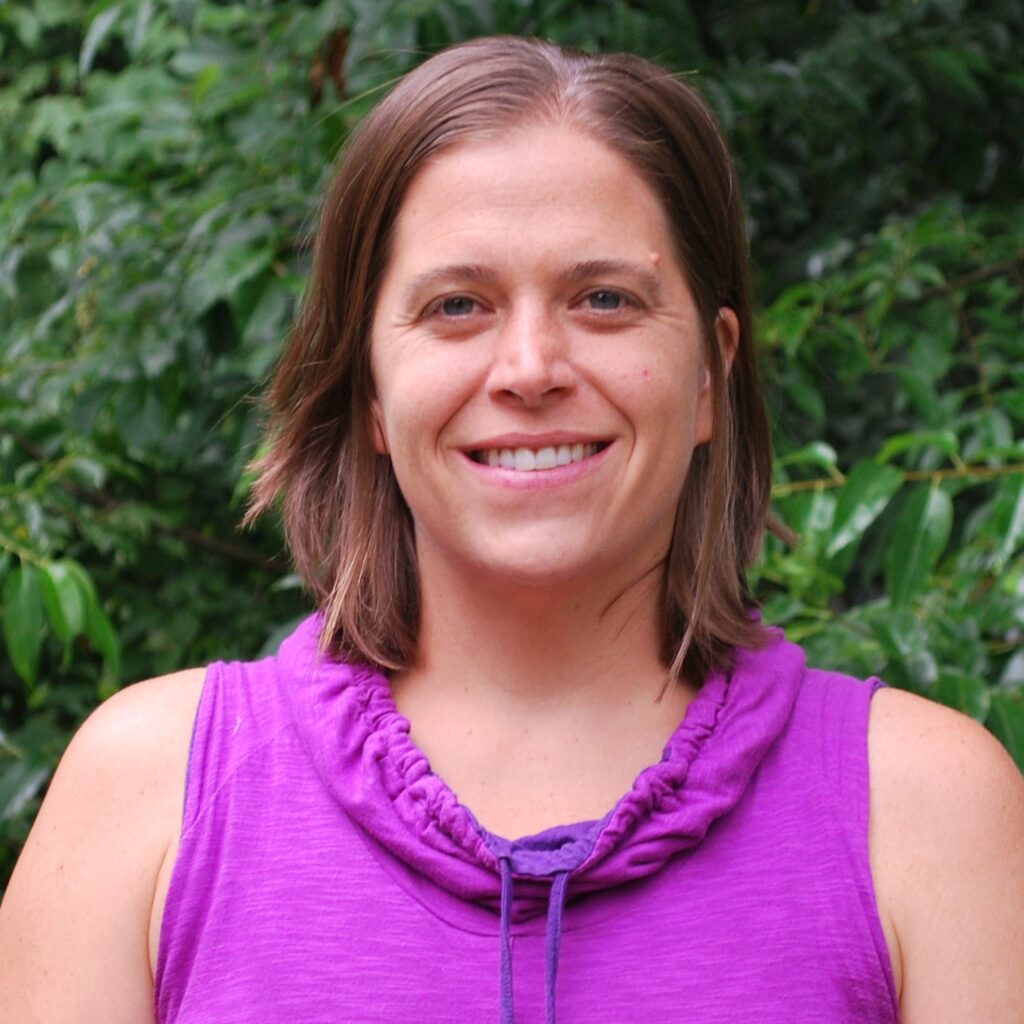
Tara Keyser, PhD
Dr. Tara Keyser is a Research Forester and the Director of the Center for Forest Restoration and Management with the USDA FS, Southern Research Station located in Asheville, North Carolina. She has a BS in Forest Ecology and Management from the University of Wisconsin-Madison, and a MS and PhD in forest sciences from Colorado State University. Tara’s current research program focuses on the sustainable management and restoration of upland hardwood in the eastern US. She has extensive experience in implementing large, at-scale experimentally designed silvicultural studies that provide the science-based information necessary to refine existing and develop new silvicultural methods and tools in upland oak ecosystems across the eastern US.
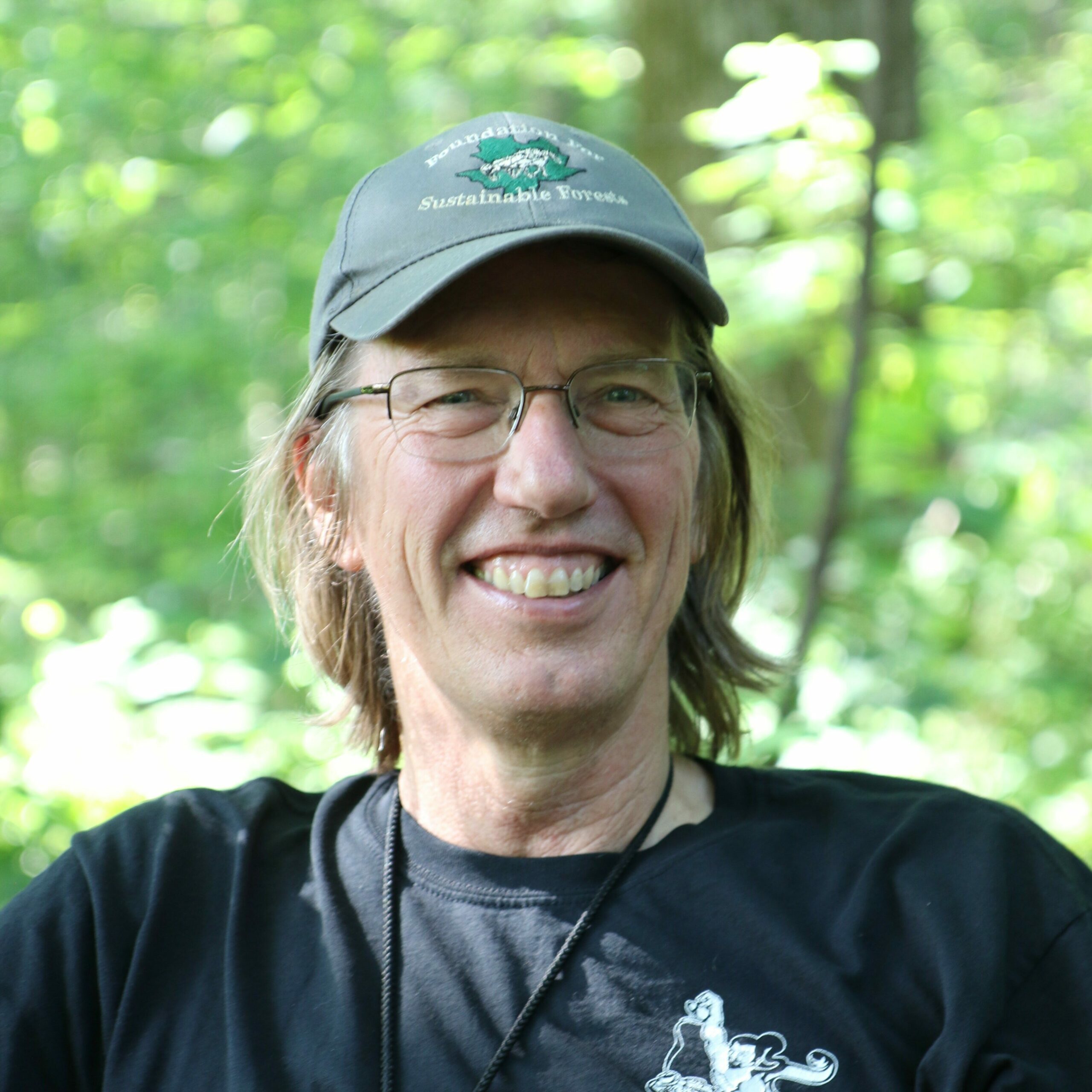
Steven Latta, PhD
Dr. Steven Latta is the Director of Conservation and Field Research at the National Aviary in Pittsburgh. A native of Michigan, he was educated at Kalamazoo College (B.A.), University of Michigan (M.S.), and University of Missouri-Columbia (Ph.D. in Avian Ecology). After graduating in 2000, he was a post-doctoral fellow at the University of Missouri-St. Louis where he studied with Dr. Robert Ricklefs the evolution and diversification of avian malaria across Caribbean islands. He then served for four years as the Director of the Latin American Program at Point Reyes Bird Observatory in California, where he developed long-term monitoring programs in many countries, and trained hundreds of locally-based biologists and naturalists in standardized bird monitoring techniques.
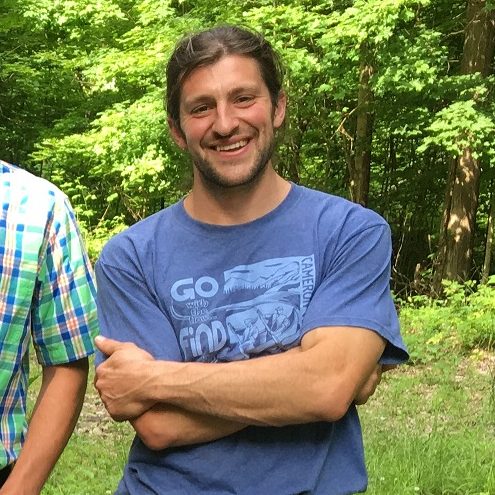
Pat Maloney
Pat Maloney is a skilled woodsman and practitioner of sustainable forestry. For some years, he cut trees alongside horse-logger Ray Blystone on FSF-owned properties, and is a maple syrup producer and forest manager at Firth Maple Products. Pat holds a B.S. in Natural Resources from Northland College.
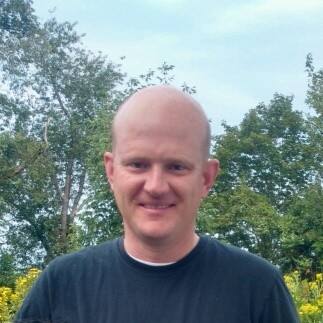
Ellery Troyer
Ellery Troyer is a Botanist and President of Ecological Field Services (EFS), based in Waterford, PA. Founded in 2009, EFS performs ecological restoration and consulting work to aid land managers and owners in effective and efficient management of their natural areas. Serving Pennsylvania, New York, and Ohio, EFS’ areas of expertise include invasive species control, native plant establishment, botanical surveys, habitat assessments, and wetland delineations and permitting.
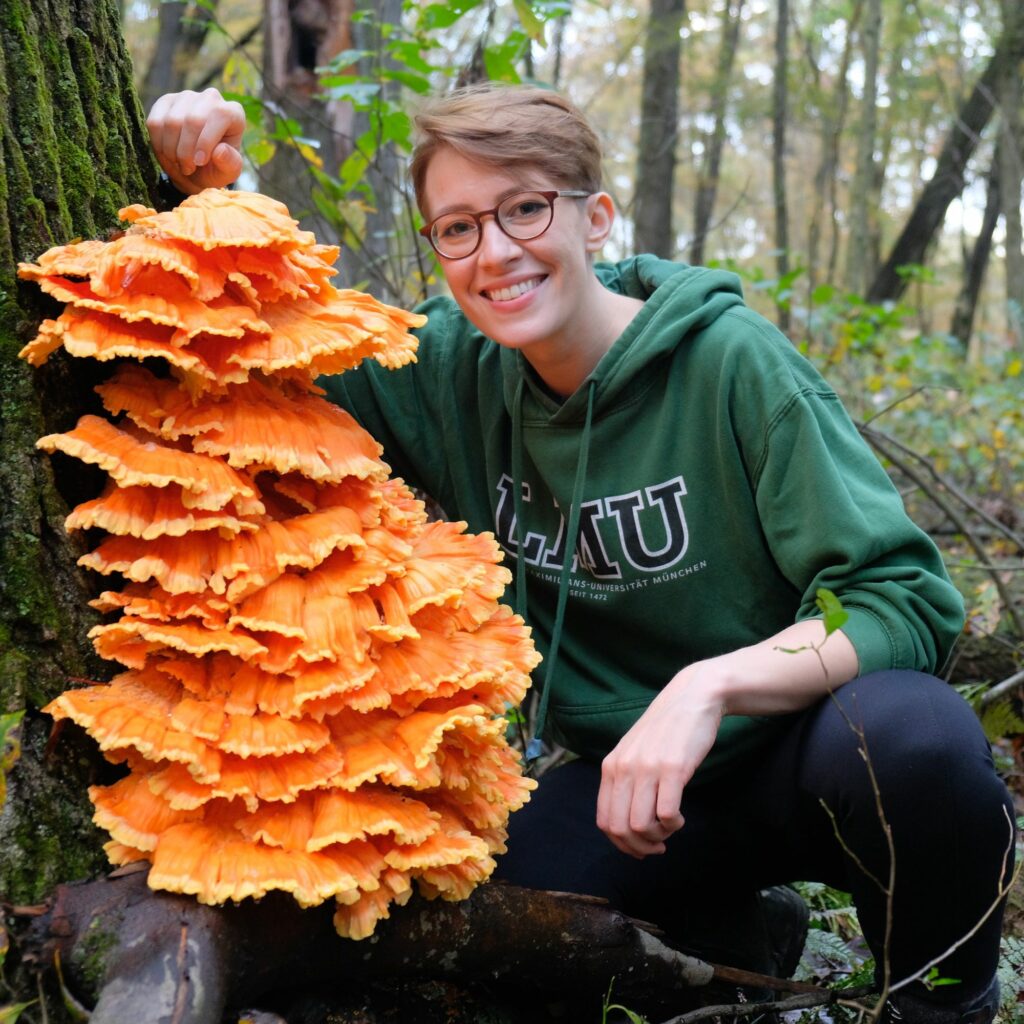
Emily Wojtyna, MS
Emily Wojtyna is a biologist with a Master of Science in Ecology, Evolution, and Systematics from the Ludwig Maximilian University (LMU) of Munich, Germany. They also hold a certificate in Environmental Studies from the Rachel Carson Center for Environment and Society at LMU. In their free time, they love foraging and expanding their knowledge of the natural world. For their thesis, Emily utilized a chronosequence approach to conduct vegetation surveys in forest gaps created by the Foundation for Sustainable Forests and analyzed the dynamics of key habitat resources for both early-successional and mature-forest birds. For their Environmental Studies capstone project, they wrote and self-published a cookbook of local edible mushroom species titled The Amateur Forager’s Cookbook: Featuring Edible Wild Mushrooms of Western Pennsylvania. In addition to their M.S., Emily also holds a B.S. in Biological Sciences with a Chemistry minor from the University of Pittsburgh and graduated with high honors (summa cum laude).
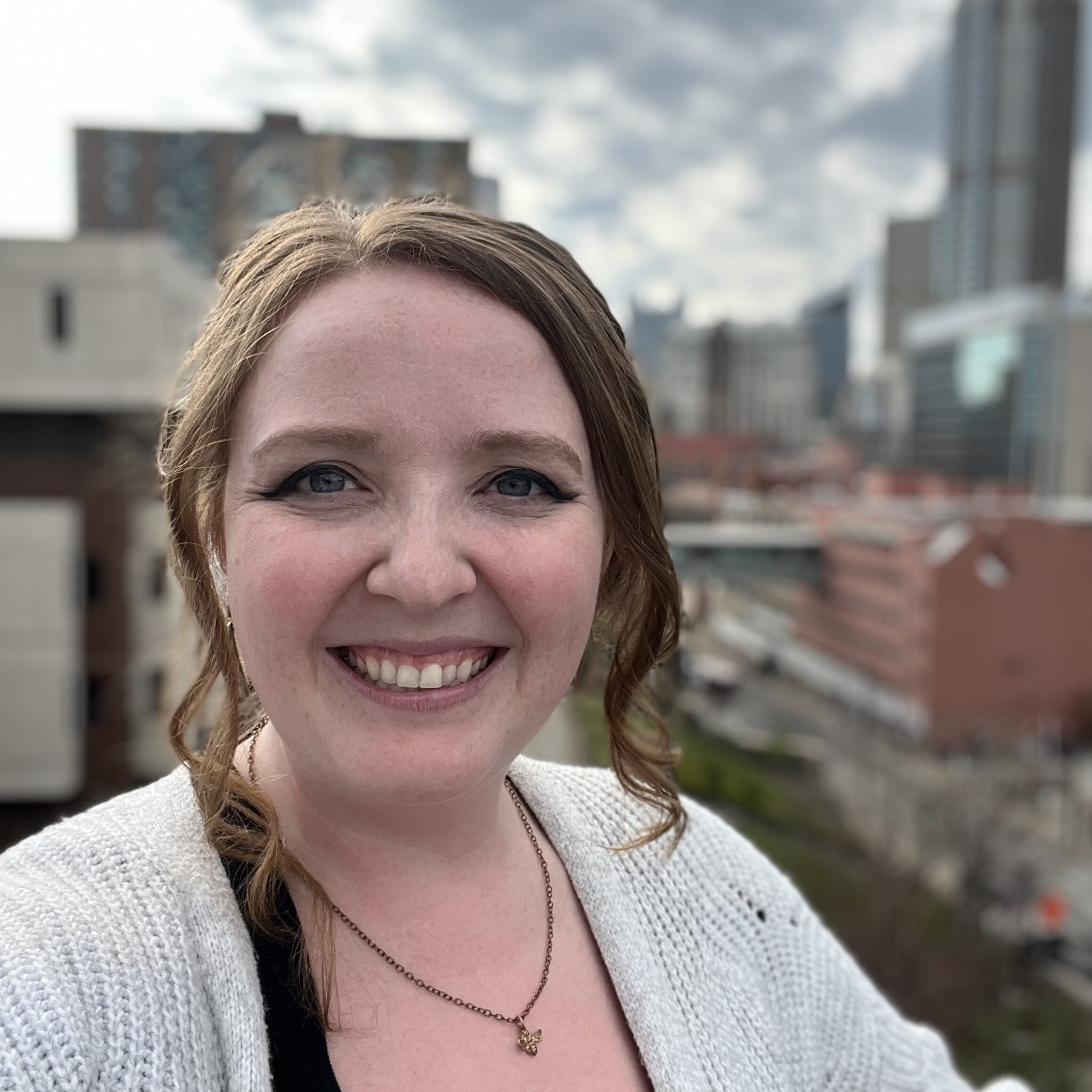
Cassandra Ziegler, MS
Cassandra Ziegler is a Biological Sciences Ph.D. student at Duquesne University. A western Pennsylvania native, she has a BS in Biology from Indiana University of Pennsylvania and an MS in Environmental Science and Management from Duquesne University. Cassandra is currently studying avian diet in FSF forests.
Thank you to our Sponsors
Gold

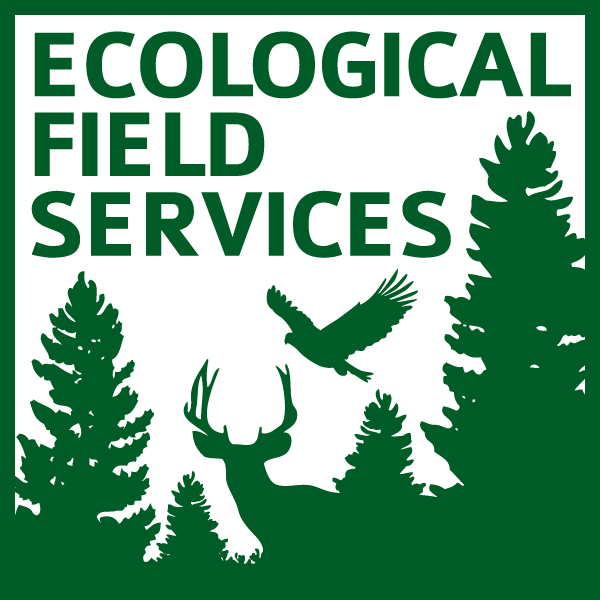
Jim & Connie Thompson
Craig & Monica Schwegman
Silver


Robert & Jane Slagter
Bronze
